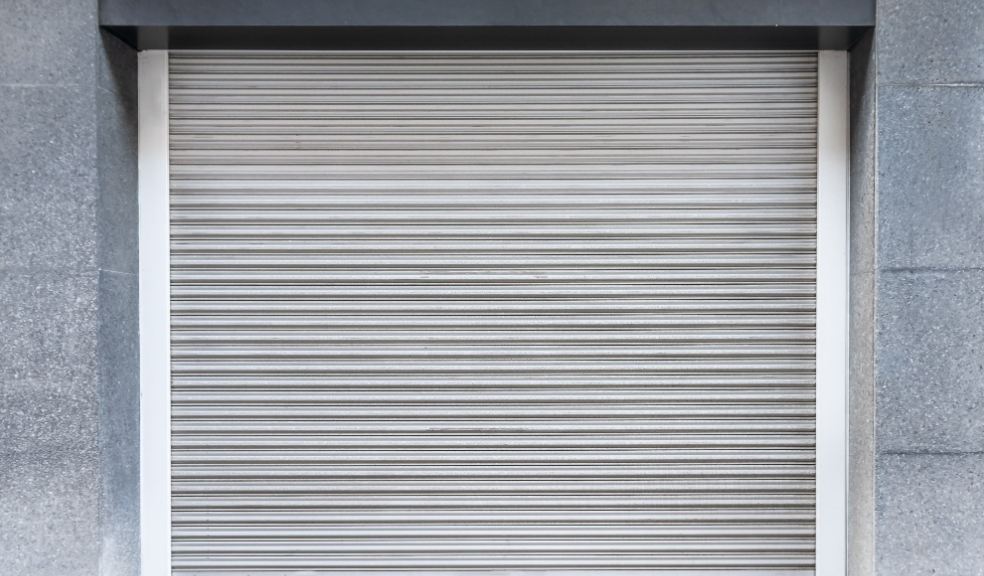
What Makes Commercial Roller Doors A Smart Business Choice
Today, every operational decision carry weight, impacting efficiency, security, and the bottom line. The selection of entry and access points for a commercial facility is one such critical decision, far surpassing a mere architectural afterthought. For enterprises ranging from warehouses and distribution centres to retail establishments and manufacturing plants, the installation of commercial roller doors represents a strategic investment in functionality and long-term value. These robust systems are engineered to meet the rigorous demands of daily commercial and industrial use.
Here’s what makes commercial roller doors a smart business choice.
Uncompromising Security and Asset Protection
The primary function of any commercial door is to secure the premises. Commercial roller doors excel in this regard, acting as a formidable physical barrier against unauthorised access. Constructed from interlocking slats typically made from high-tensile steel or aluminium, these doors are designed to resist forced entry attempts. When closed and locked, they form a solid, continuous surface that’s significantly more challenging to breach than traditional doors or shutters.
Also, advanced options include integrated locking systems and robust guide channels that prevent the door from being pried open. This high level of security is crucial for safeguarding valuable inventory, equipment, and sensitive data, thereby reducing potential losses from theft or vandalism. Furthermore, the peace of mind afforded by such a secure installation is invaluable, allowing business owners to focus on core operations without undue concern for their facility’s perimeter security.
Therefore, for those looking for secure commercial roller doors for their businesses, working with reputable providers like Guardian Doors would be an excellent starting point.
Maximized Space Utilization and Operational Efficiency
Unlike sectional doors that swing out or up, commercial roller doors operate by coiling vertically around a drum housed above the opening. This fundamental mechanism is a game-changer for space optimisation. It requires zero interior or exterior swing clearance, making it the ideal solution for business properties with limited space in parking lots, loading bays, or tight alleyways. This efficient use of space also allows vehicles to park closer and maneuver more easily, streamlining logistics and loading dock operations.
On the other hand, operational efficiency extends to ease of use; modern commercial roller doors can be automated with quiet, high-performance motors, allowing them to be opened and closed with the push of a button or integrated into a broader building management system. This automation can save valuable time for employees, accelerate the flow of goods, and enhance overall workplace productivity by eliminating the manual effort associated with heavier, less advanced door systems.
Enhanced Durability and Long-Term Cost-Effectiveness
Commercial rolling steel doors are built for longevity, engineered to withstand the test of time and the rigours of a demanding environment. The materials used, such as galvanized steel with powder-coated finishes, are selected for their resistance to corrosion, impact, and harsh weather conditions. This robust construction translates to minimal maintenance requirements and a lower total cost of ownership over the door’s lifespan.
While the initial investment may be higher than some alternatives, the reduction in repair costs, coupled with the door’s extended service life, presents a compelling financial argument. Durability can also ensure consistent performance, reducing downtime caused by door malfunctions. This is a critical factor in industries where operational delays can have significant financial repercussions.
Improved Energy Efficiency and Environmental Control
For businesses that require climate-controlled environments, such as cold storage areas/facilities or warehouses storing temperature-sensitive goods, insulation is paramount. Many commercial roller insulated doors are available with insulated options. These custom doors feature polyurethane foam injected between the slats, creating an effective thermal barrier that minimises heat transfer. This can help maintain consistent internal temperatures, reducing the strain on HVAC systems and leading to substantial energy bill savings.
Beyond temperature control, a well-sealed roller door also serves as a barrier against dust, debris, and pests, contributing to a cleaner and more controlled interior environment that's essential for manufacturing, food service, or pharmaceutical operations.
Aesthetic Versatility and Professional Appearance
The functional benefits of commercial roller doors don’t come at the expense of aesthetics. Modern manufacturing capabilities and techniques allow for a high degree of customisation to ensure the door complements the building’s architecture and corporate branding. Businesses can choose from a wide range of colours, finishes, door styles, and even custom logos or perforated custom door designs that can provide ventilation while maintaining security.
A sleek, well-maintained roller door conveys an image of professionalism and attention to detail, enhancing the commercial property's curb appeal and reinforcing a positive brand image to clients and partners.
Final Thoughts
Commercial roller doors are a smart business choice because they address multiple operational challenges with a single, integrated solution. They can provide robust security solutions and fire protection, optimise valuable space, offer exceptional durability for a strong return on investment, contribute to energy management, and be tailored to enhance a company’s professional facade. By keeping the information mentioned above in mind, businesses can make a strategic investment that supports daily efficiency, protects critical assets, and promotes long-term operational resilience.













